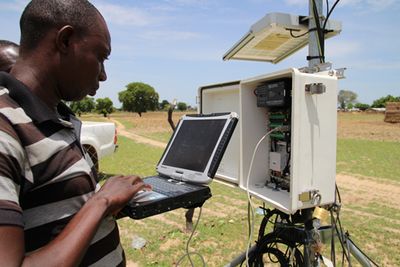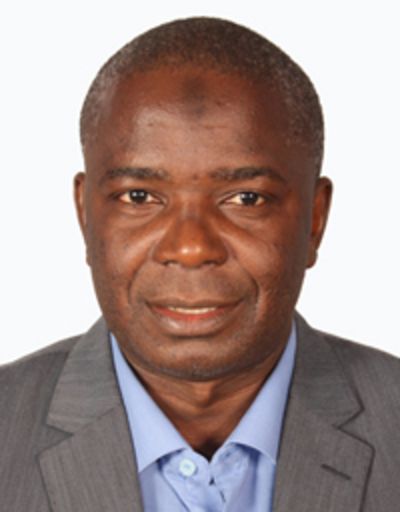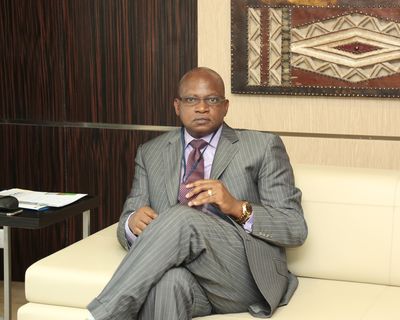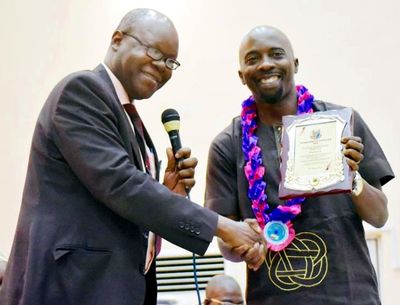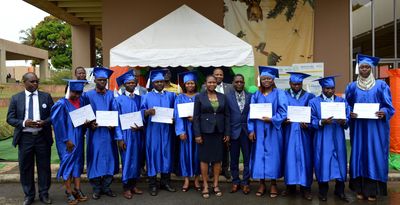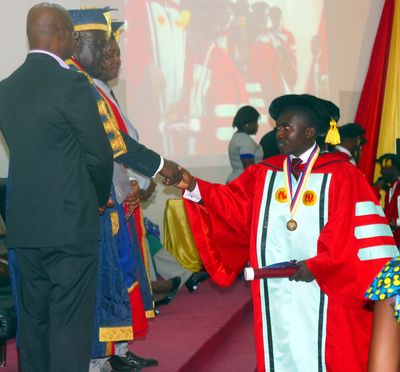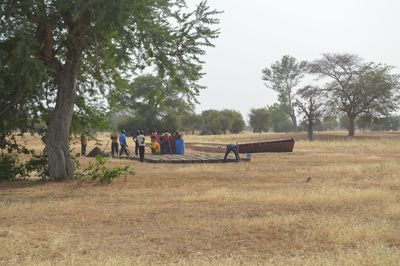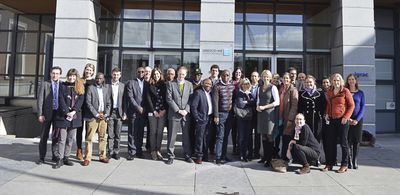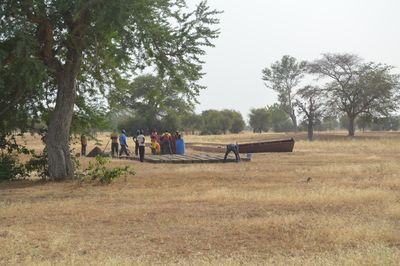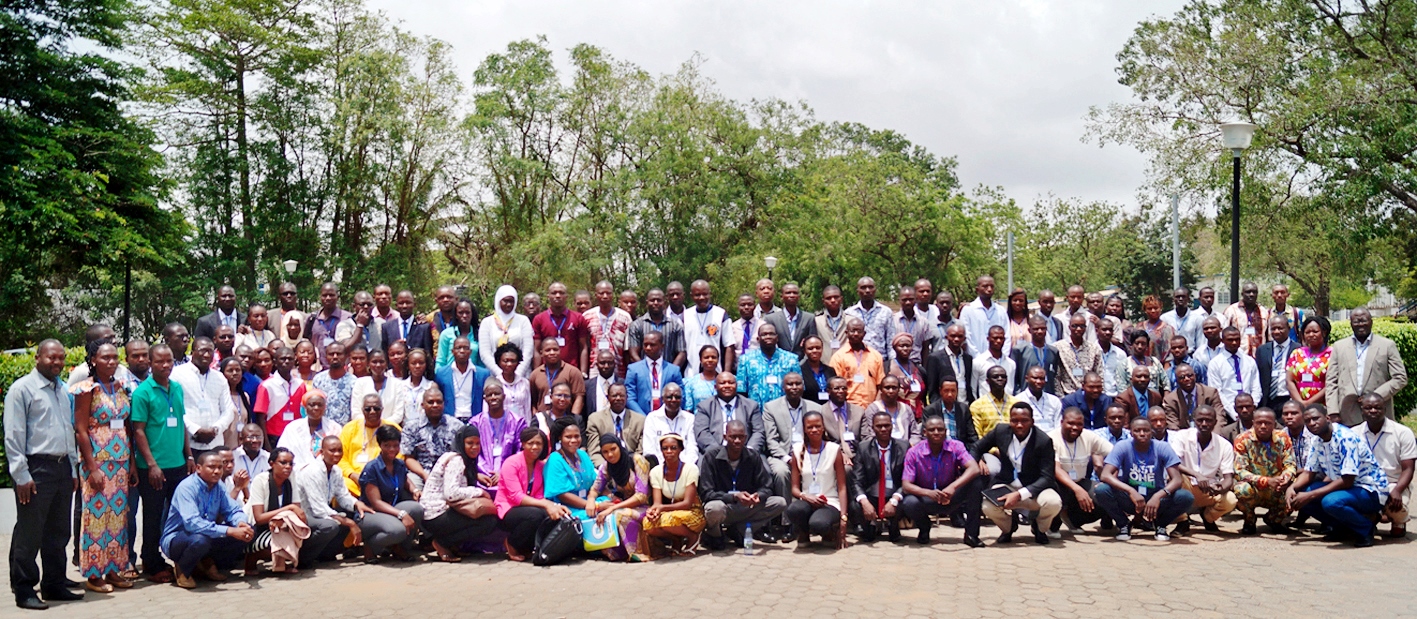WASCAL, in collaboration with the European Space Agency’s (ESA) TIGER initiative, the University of Twente – ITC Faculty, GeoVille and the University of Energy and Natural Resources, is pleased to announce a 3-day training workshop on the use of earth observation data for effective natural resource and agricultural management in Africa.
The workshop will focus on the exploitation of the data from ESA’s satellite sensors which provide global scale optical and radar data at no cost to the user ((https://sentinels.copernicus.eu/web/sentinel/home). The workshop will aim at demonstrating the capabilities and application areas of data from the Sentinel satellites, introduce participants to new and open source tools/applications for processing the data and discuss the sustainable application of earth observation data in natural resource and agricultural management in Ghana and Africa.
Target audience: Geospatial analyst and practitioners in governmental ministries/institutions, the private sector and postgraduate students.
The outcome of this workshop will be an improvement in decision making at all level of national development and an increase in societal benefits from the use of earth observation technology.
For further enquiries, please contact: forkuor.g(at)wascal.org and copy weto.s(at)wascal.org.



